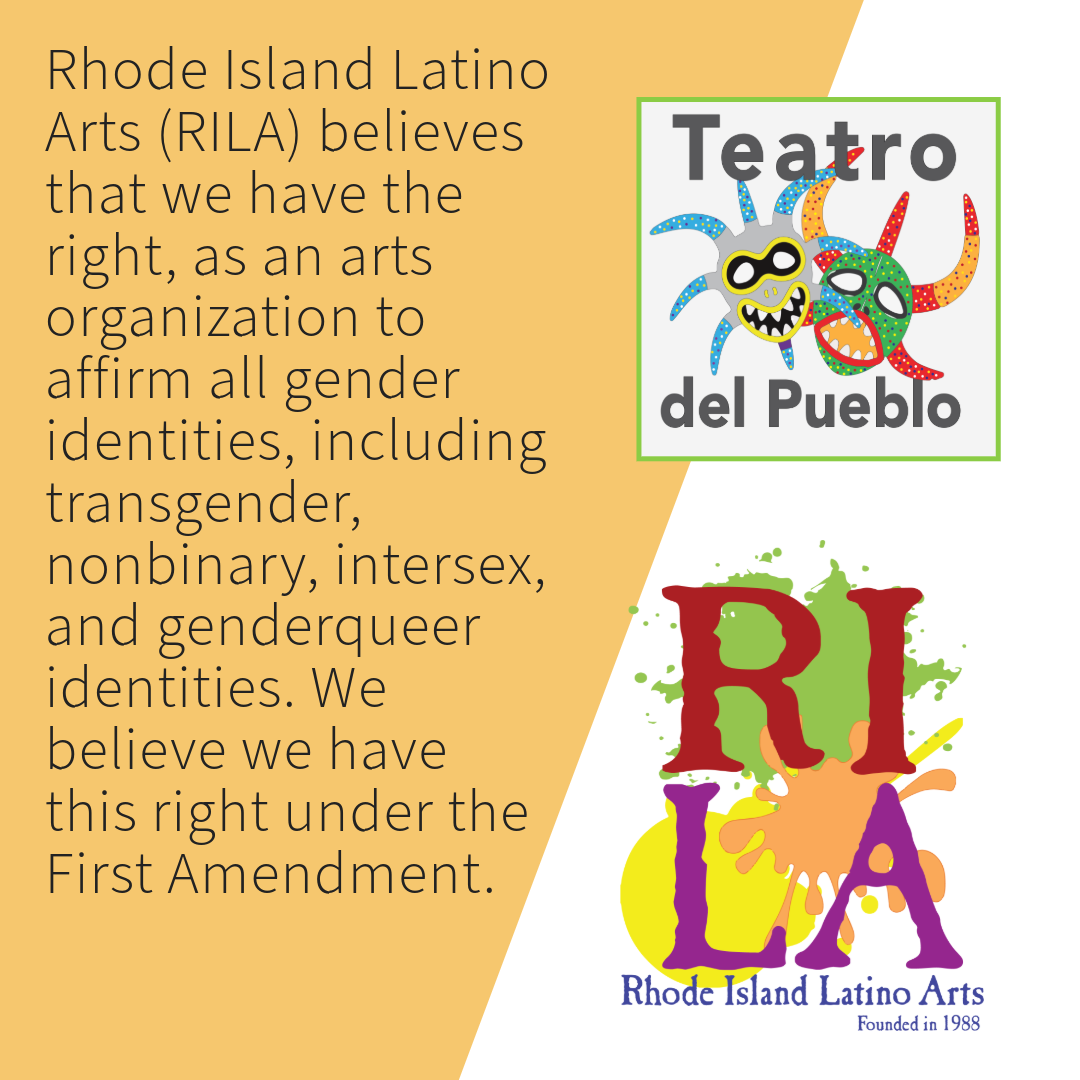Rhode Island Latino Arts acknowledges that the land on which we live, work, and create is the ancestral homeland of the Narragansett, Niantic, and Wampanoag peoples—Indigenous communities who have cared for this land for generations and continue to do so today. We honor their enduring presence, cultural knowledge, and sovereignty.
As a Latino arts organization, we also recognize and honor the Indigenous roots of our own ancestors throughout Latin America
—peoples whose languages, customs, and ways of life continue to shape our identities, despite centuries of colonization and displacement. We carry with us a deep legacy of migration, memory, and survival, and we see the land beneath our feet as connected to the many lands our families once called home.
This acknowledgment is a call to remember and to act—with respect, truth, and solidarity—as we continue the work of building a just, inclusive, and culturally grounded future.
We are committed to:
• Showcasing the rich and diverse voices within the Latino community, including artists of all backgrounds, identities, and experiences.
• Removing barriers to arts participation and providing resources, opportunities, and funding for underrepresented Latino artists, creatives, and cultural bearers.
• Creating welcoming spaces where all community members—regardless of race, ethnicity, gender, ability, or immigration status—can engage in the arts and share their stories.
• Through our programs, public art, storytelling initiatives, and educational efforts, RILA ensures that Latino culture is preserved, celebrated, and amplified for future generations.

Latinx and Latiné are pan-ethnic terms used to describe people who are of or relate to Latin American origin or descent. They are regarded by some as gender-neutral or nonbinary alternatives to Latino, Latina and Hispanic.
We further note that a Pew Hispanic Report supports these insights, noting that critics of Latinx see it as an imposition from English speakers that disrupts Hispanic or Latino cultural norms. Some Latinos we spoke to also argue that it doesn’t follow Spanish language rules and can be challenging to pronounce and use.
After thoughtful discussions, RILA’s staff and board have decided to prioritize the use of Latino/Latina when referring to our Spanish-speaking community in Rhode Island. The term Latinx will be used intermittently, but we will avoid any use of Latiné. Many formal and informal conversations among RILA staff and board members have led us to conclude that non-Latinos and allies who choose Latiné signals a lack of alignment with the cultural values shared by Rhode Islanders of Latin American heritage and that of RILA.
We acknowledge our areas of privilege and how they interact and potentially impact our audiences and oppressed identities. We recognize the power dynamic that is evident by virtue of the art that is created by and sponsored by RILA and the arts participant. While we do not put this responsibility on our audiences or visitors to La Galería, we do welcome and encourage your feedback if you have ever been discriminated against or experienced micro-aggressions by a board member, our staff, or any artists representing RILA.







